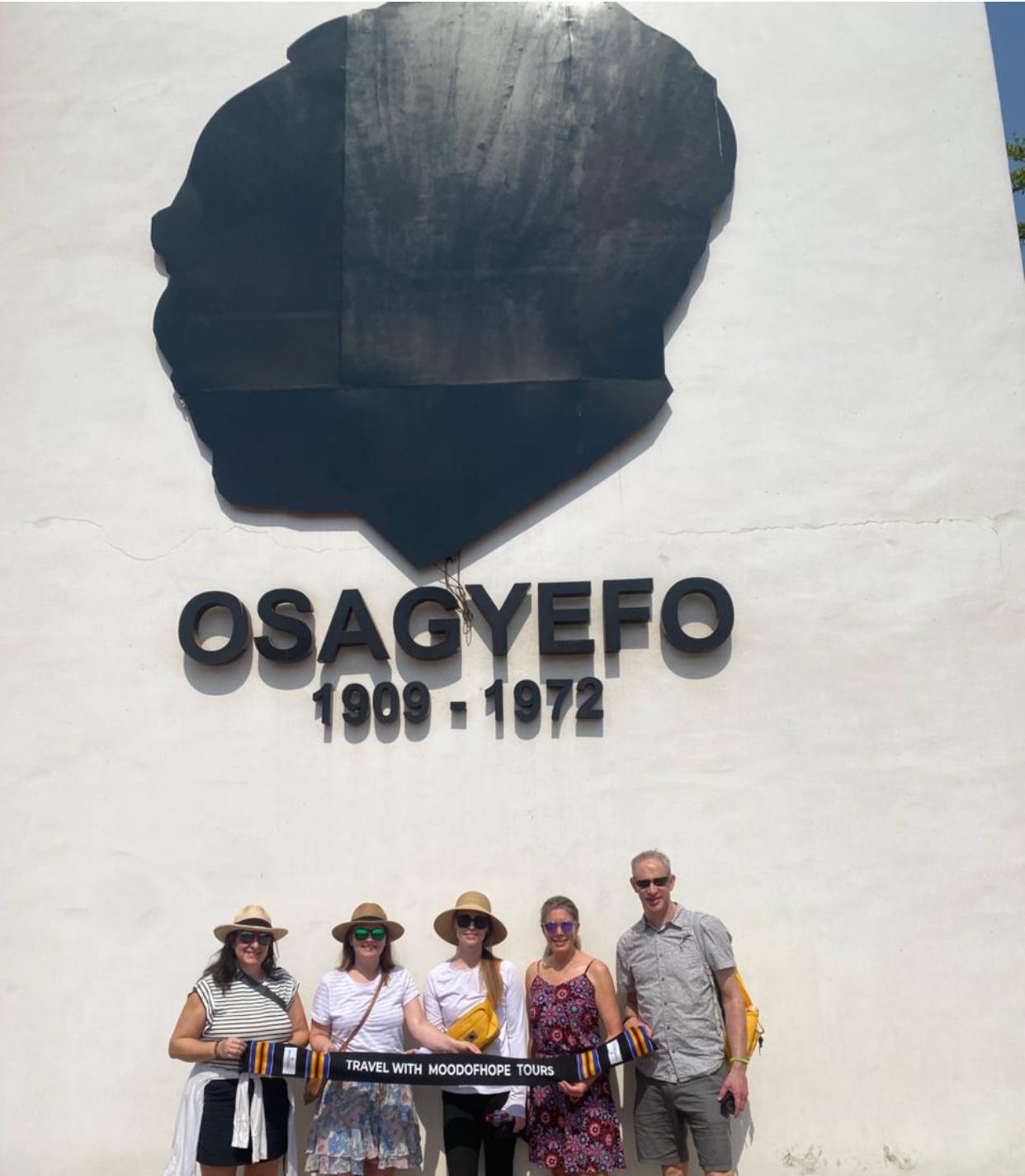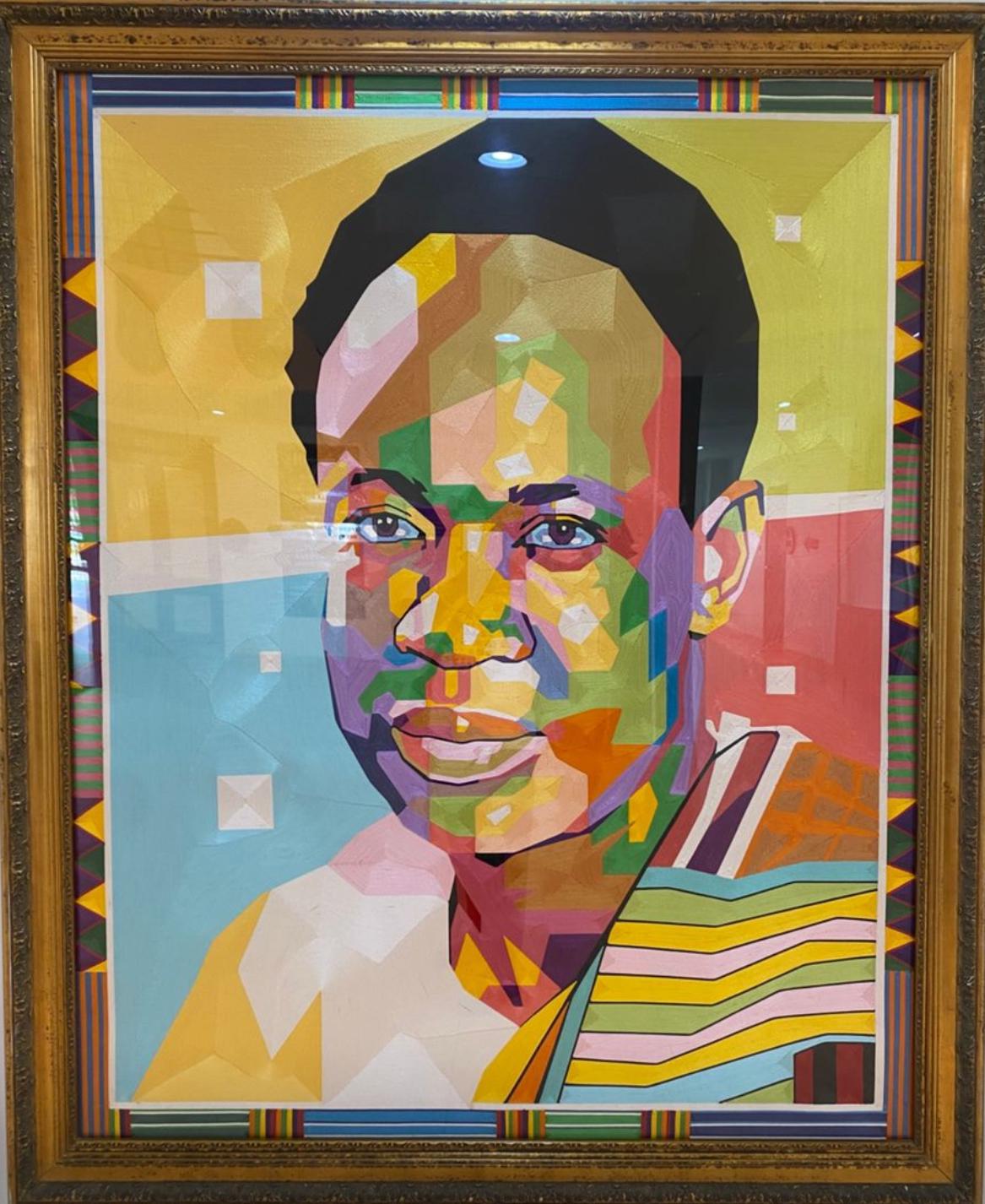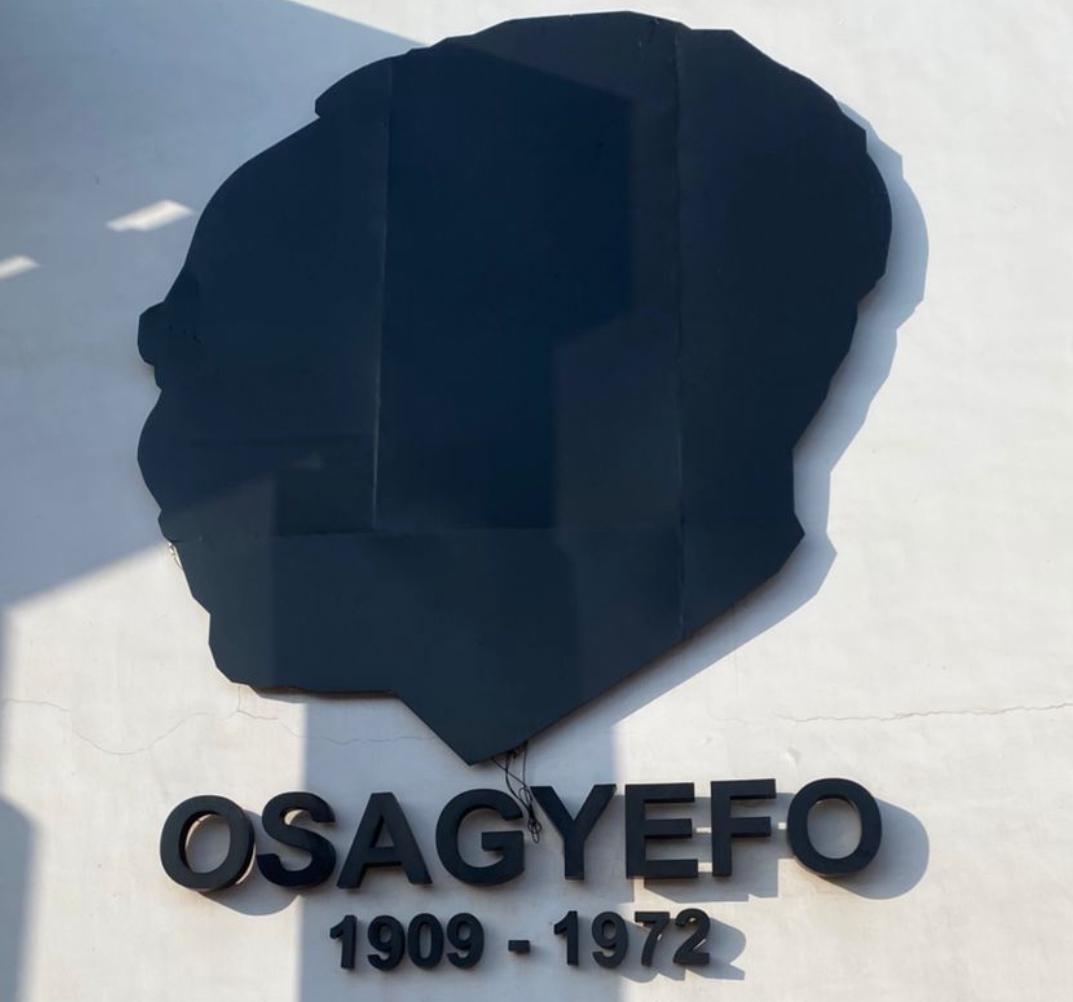Once in a generation, the world is blessed with a man who does not simply live in his time, but bends the arc of history with his will and might. Kwame Nkrumah was such a man. Born in 1909 in the small town of Nkroful in Ghana’s Western Region, he began life with no silver spoon, yet carried within him a vision too large to be contained by his village, his colony, or even his continent.
He arrived back home from his studies abroad to serve as General Secretary of the United Gold Coast Convention (UGCC), the first political party in Ghana. But fate had bigger plans. Nkrumah soon broke away to form his own movement - the Convention People’s Party (CPP) - a party that was not built in the parlors of the elite but in the restless hearts of the working class and market women who chanted “Self-government now!”

His activism came at a cost. Arrested and imprisoned by the colonial authorities, Nkrumah became the prisoner whose voice echoed louder outside his cell than within. From prison, he led his people to victory in the 1951 elections, proving that ideas are bulletproof, and dreams cannot be jailed.
By 1952, he was released and appointed Prime Minister of the Gold Coast, steering the nation through turbulent waters toward destiny. On March 6, 1957, with the whole world watching, he stood tall and proclaimed Ghana’s Independence - the first in Sub-Saharan Africa - declaring, “The independence of Ghana is meaningless unless it is linked up with the total liberation of Africa.”

As President of Ghana (1960–1966), Nkrumah launched ambitious projects: building schools, roads, and the iconic Akosombo Dam to electrify his nation. He pushed for industrialization, free education, and laid the foundations of Pan-African unity. His vision stretched beyond borders - from founding the Organization of African Unity (OAU) to inspiring independence struggles across Africa.


Yet, even the brightest stars draw shadows. In 1966, while on a state visit to China and North Vietnam, a coup d’état toppled his government. Betrayed by his own generals, abandoned by Cold War calculations, the man who once held Africa’s hopes in his palms was forced into exile.
Guinea welcomed him as a brother, and President Sékou Touré named him co-president of Guinea - a symbolic gesture that said: Africa still needs you, even if Ghana has lost you.
His personal life was no less eventful. In 1957, he married Fathia Rizk, a Coptic Egyptian, sealing not just a union of two hearts but a symbolic bridge between West Africa and North Africa. They had three children together, though the strains of politics, exile, and distance cast long shadows over the family.
When he died in 1972 in Bucharest, Romania, his death carried the weight of unfinished dreams. His body was first buried in Guinea. Later, family requested his remains and laid him in his hometown, Nkroful, in a metal coffin for about 20 years. Finally, in 1992, the circle closed when he was reinterred at the magnificent Kwame Nkrumah Mausoleum and Memorial Park in Accra, where he now rests as Ghana’s eternal flame of freedom. Three burials for one man - perhaps fitting for a leader whose life could not be contained by a single chapter.
Today, as we mark what would have been his 116th birthday, we remember not just a man, but an idea. A dreamer who dared to declare Africa free. A visionary who built, stumbled, rose again, and even in death, continues to teach us that liberation, unity, and dignity are worth every sacrifice.
Kwame Nkrumah lives on - in the classrooms of free Ghanaian children, in the power that lights our cities, in the African Union’s flag, and in the silent reverence of Nkroful’s soil.
Long live the spirit of Nkrumah.

